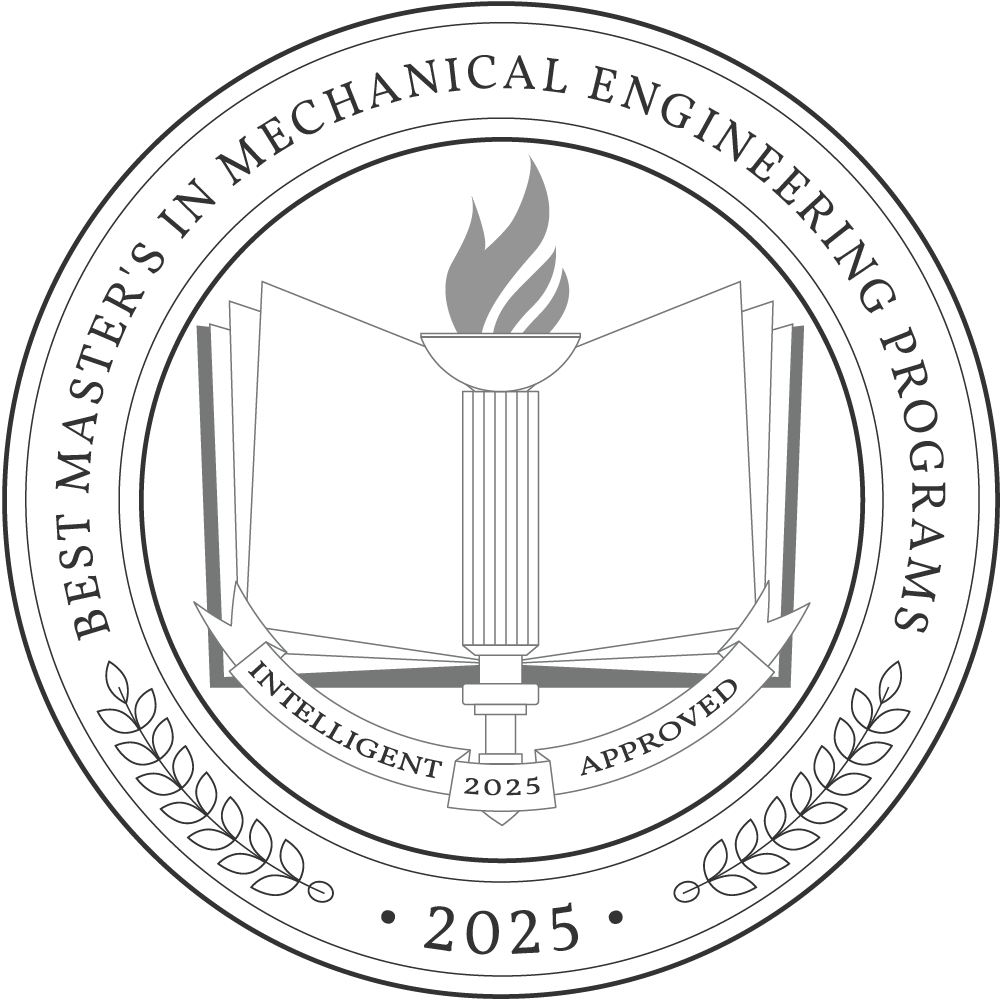For engineers aspiring to ascend into management roles and lead the development of innovative technology, a master’s in mechanical engineering offers the advanced technical skills and knowledge needed to level up. This degree provides career opportunities in engineering management, where the median salary in 2022 was $159,920, and the top 10% earned over $221,550. In addition, it also provides professionals with the necessary skills to tackle complex engineering challenges across industries.
Often completed in just 18 months to two years, these graduate programs require an average investment of $19,749 in tuition fees — although this figure can vary significantly depending on the institution you attend.
Why Trust Us
The Intelligent.com Higher Education Team is dedicated to providing students with independent, equitable school and program rankings and well-researched resources. Our expert-driven articles cover topics related to online colleges and programs, paying for school, and career outlooks. We use data from the U.S. Department of Education’s College Scorecard, the National Center for Education Statistics, and other reputable educational and professional organizations. Our academic advisory team reviews content and verifies accuracy throughout the year for the most current information. Partnerships do not influence rankings or editorial decisions.
- Analyzed over 2,000 national, accredited, and nonprofit colleges and universities
- 800+ rankings pages are reviewed and updated yearly
- Content is informed by reputable sources, surveys, and interviews with academic advisors and other experts
- Over 100 data points are reviewed for accuracy and quality throughout the year, including sources
How we rank schools
Our list features the best Mechanical Engineering degree programs at top colleges nationwide. Each school featured is a nonprofit, accredited institution — either public or private — with a high standard of academic quality for post-secondary institutions.
We evaluated each school’s program on tuition costs, admission, retention and graduation rates, faculty, reputation, and the student resources provided for online students. We collected data from trusted sources like the National Center for Education Statistics, individual school and program websites, school admissions counselors, and other data sources. Then, we calculated the Intelligent Score on a scale of 0 to 100 based on the following criterion:
Academic Quality:
- Admission rate versus enrollment rate
- Retention rate of students who return after year one
- Accreditation status (regional and programmatic)
- Nonprofit status, both private and public institutions
Graduation Rate
- Overall graduation rate
- Total number of currently enrolled students, including diversity metrics
- Student-to-faculty ratio
Cost and ROI
- In-state and out-of-state per-credit tuition rates and fees
- Required credits to graduate
- Earning potential after graduation
- Availability of federal student loans, scholarships, and other financial aid options
Student Resources
- Available student services for online-only and hybrid programs
- On-campus amenities like tutoring centers and the number of libraries
Read more about our ranking methodology.
Best 43 Accredited Master’s in Mechanical Engineering Programs
FiltersInstitution Type
Status
- Intelligent Score
- Alphabetically By University Name
- Acceptance Rate
- Enrollment
- In-state Graduate Tuition
- Out-of-state Graduate Tuition
- In-state Undergraduate Tuition
- Out-of-state Undergraduate Tuition

Stanford University
Intelligent Score: 99.83In-state: $55,473
Out-of-state: $55,473
In-state: $54,315
Out-of-state: $54,315
SAT: 1420-1570
ACT: 31-35
$1,255
On-Campus
Western Association of Schools and Colleges Senior College and University Commission
30

University of California, Berkeley
Intelligent Score: 99.52In-state: $11,442
Out-of-state: $41,196
In-state: $11,442
Out-of-state: $11,442
SAT: 1310-1530
ACT: 30-35
Resident: $1,022 - $1,226
Non-Resident: $2,042 - $2,451
On-Campus
Western Association of Schools and Colleges Senior College and University Commission
20-24
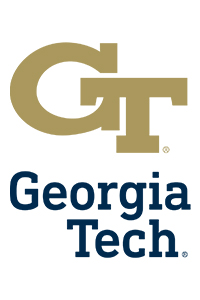
Georgia Institute of Technology
Intelligent Score: 99.35In-state: $28,106
Out-of-state: $49,218
In-state: $27,898
Out-of-state: $27,898
SAT: 1370-1530
ACT: 31-35
Resident: $586
Non-Resident: $1,215
On-Campus
Southern Association of Colleges and Schools Commission on Colleges
30

Cornell University
Intelligent Score: 98.73In-state: $58,586
Out-of-state: $58,586
In-state: $29,500
Out-of-state: $29,500
SAT: 1400-1540
ACT: 32-35
$2,849
On-Campus
Middle States Commission on Higher Education
48

University of Michigan
Intelligent Score: 98.11In-state: $16,520
Out-of-state: $53,669
In-state: $24,344
Out-of-state: $24,344
SAT: 1340-1520
ACT: 31-34
Resident: $2,117
Non-Resident: $3,628
On-Campus
Higher Learning Commission
30

Columbia University in the City of New York
Intelligent Score: 96.49In-state: $57,864
Out-of-state: $57,864
In-state: $49,024
Out-of-state: $49,024
SAT: 1460-1570
ACT: 33-35
$2,462
On-Campus
Middle States Commission on Higher Education
30

Purdue University Northwest
Intelligent Score: 95.82In-state: $22,056
Out-of-state: $29,047
In-state: $20,573
Out-of-state: $20,573
SAT: 950-1170
ACT: 18-24
Resident: $330
Non-Resident: $495
On-Campus
Higher Learning Commission
30

Northwestern University
Intelligent Score: 95.81In-state: $58,227
Out-of-state: $58,227
In-state: $56,067
Out-of-state: $56,067
SAT: 1430-1550
ACT: 33-35
$1,917
On-Campus
Higher Learning Commission
48
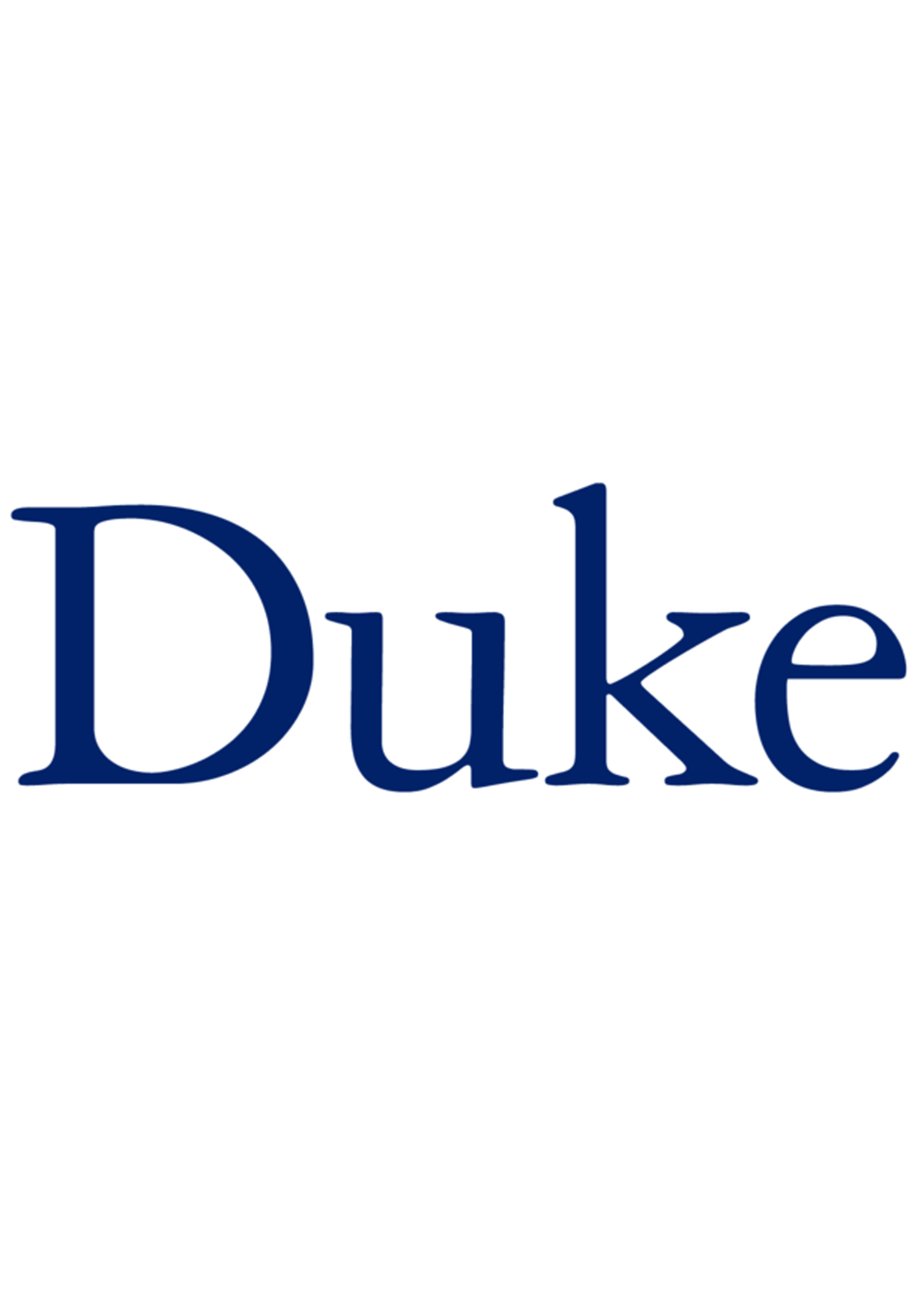
Duke University
Intelligent Score: 95.6In-state: $55,880
Out-of-state: $55,880
In-state: $57,900
Out-of-state: $57,900
SAT: 1470-1570
ACT: 34-35
$3,631
On-Campus
Southern Association of Colleges and Schools Commission on Colleges
30

Massachusetts Institute of Technology
Intelligent Score: 95.53In-state: $53,450
Out-of-state: $53,450
In-state: $53,450
Out-of-state: $53,450
SAT: 1510-1580
ACT: 34-36
$860
On-Campus
New England Commission of Higher Education
72

University of Illinois Urbana-Champaign
Intelligent Score: 94.8In-state: $14,317
Out-of-state: $33,824
In-state: $15,016
Out-of-state: $15,016
SAT: 1200-1460
ACT: 27-33
Resident: $672
Non-Resident: $1,276
On-Campus, Online
Higher Learning Commission
32
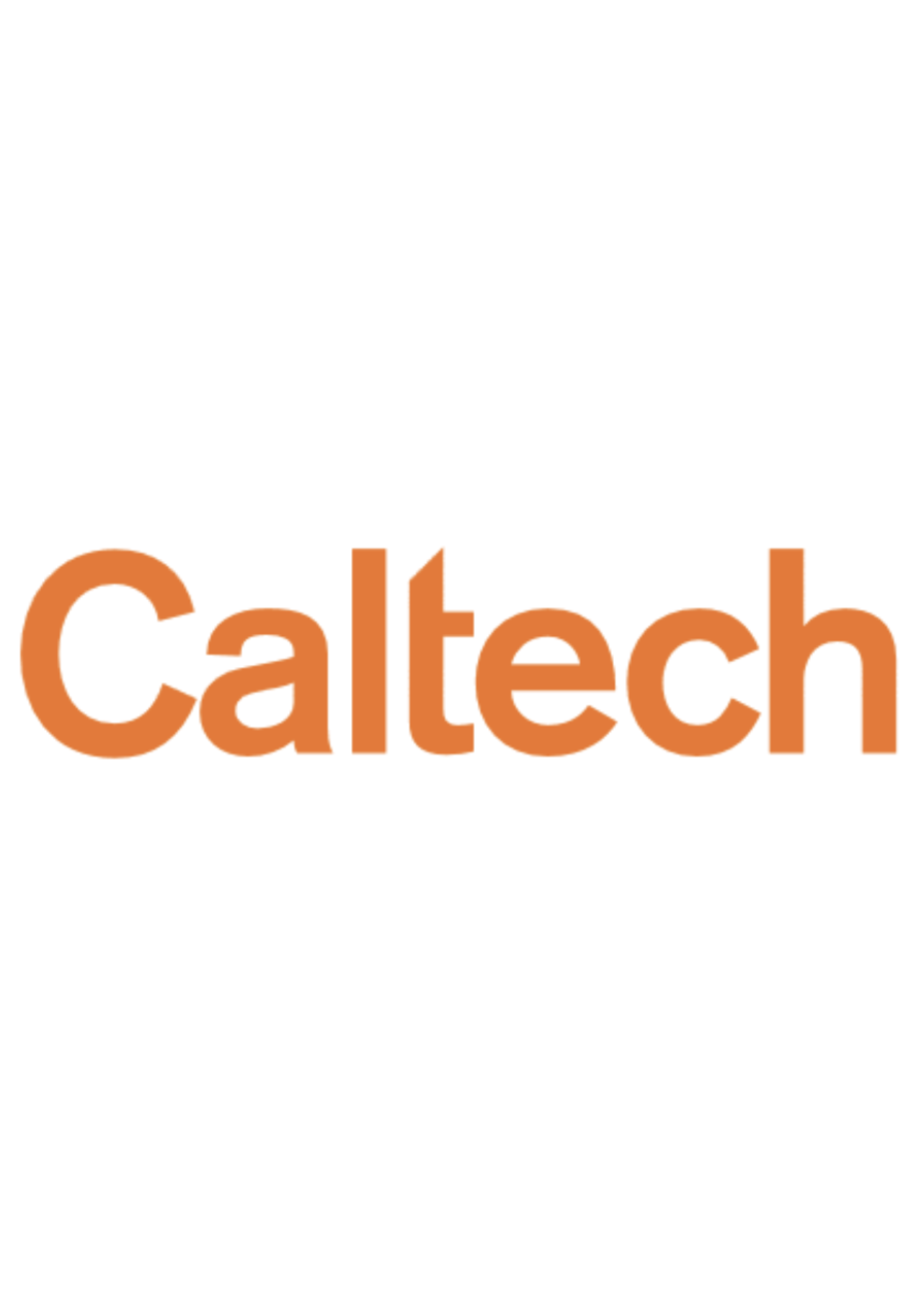
California Institute of Technology
Intelligent Score: 94.74In-state: $54,570
Out-of-state: $54,570
In-state: $54,570
Out-of-state: $54,570
SAT: 1530-1580
ACT: 35-36
$1,761
On-Campus
Western Association of Schools and Colleges Senior College and University Commission
36

University of California, Los Angeles
Intelligent Score: 94.45In-state: $11,442
Out-of-state: $41,196
In-state: $11,442
Out-of-state: $11,442
SAT: 1310-1530
ACT: 30-35
Resident: $1,008
Non-Resident: $1,847
On-Campus
Western Association of Schools and Colleges Senior College and University Commission
36

University of Texas at Austin
Intelligent Score: 94.17In-state: $11,448
Out-of-state: $40,032
In-state: $12,028
Out-of-state: $12,028
SAT: 1210-1470
ACT: 26-33
Resident: $1,429
Non-Resident: $2,034
On-Campus
Southern Association of Colleges and Schools Commission on Colleges
30-36
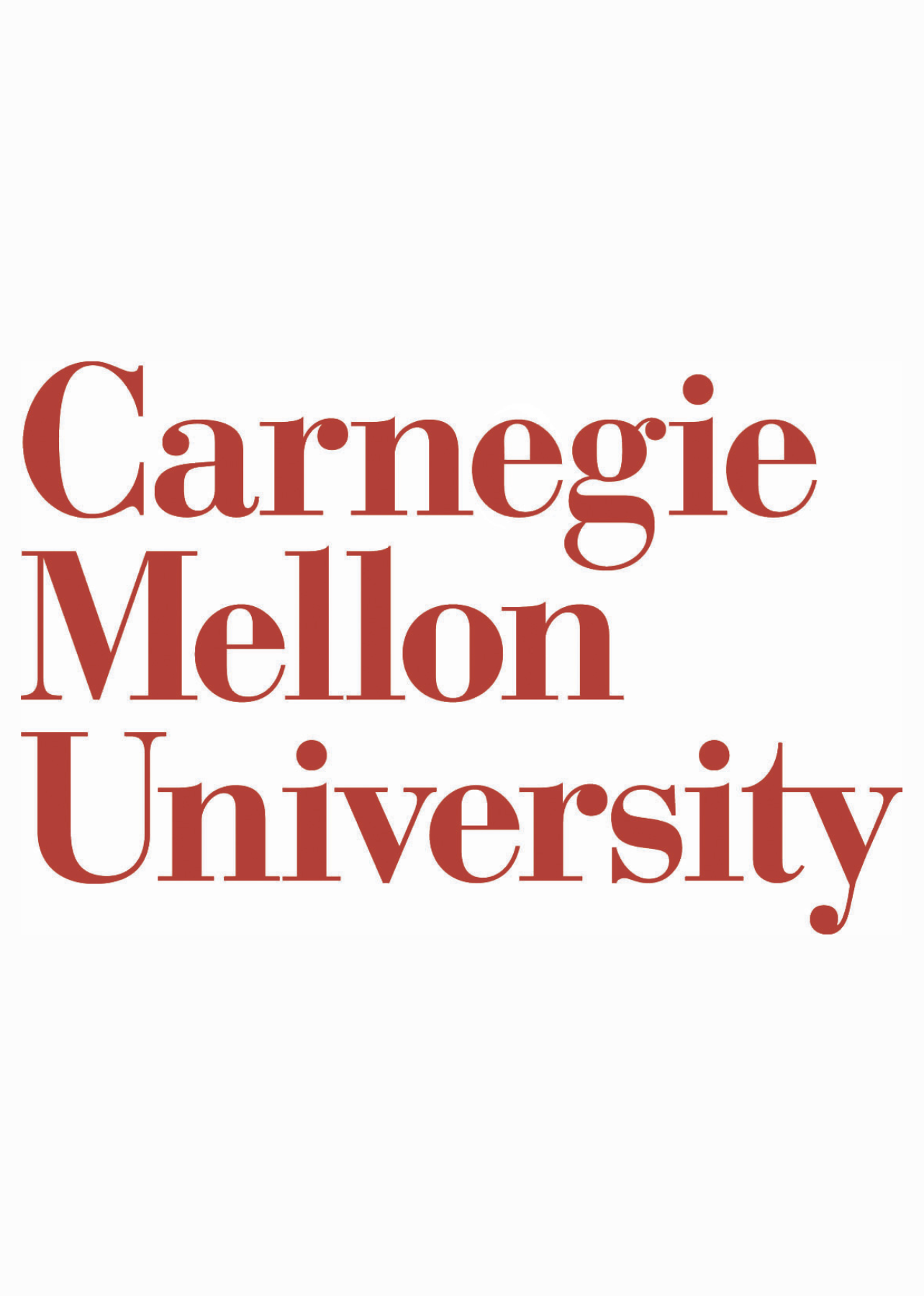
Carnegie Mellon University
Intelligent Score: 93.69In-state: $57,560
Out-of-state: $57,560
In-state: $46,441
Out-of-state: $46,441
SAT: 1460-1560
ACT: 33-35
$672
On-Campus
Middle States Commission on Higher Education
30

University of Southern California
Intelligent Score: 93.3In-state: $59,260
Out-of-state: $59,260
In-state: $47,880
Out-of-state: $47,880
SAT: 1340-1530
ACT: 30-34
$2,424
On-Campus, Online
Western Association of Schools and Colleges Senior College and University Commission
27

Johns Hopkins University
Intelligent Score: 92.45In-state: $54,160
Out-of-state: $54,160
In-state: $57,010
Out-of-state: $57,010
SAT: 1470-1560
ACT: 34-36
$1,756
Hybrid, Online
Middle States Commission on Higher Education
30

Texas A&M University
Intelligent Score: 90.64In-state: $8,395
Out-of-state: $36,849
In-state: $6,775
Out-of-state: $6,775
SAT: 1160-1380
ACT: 26-32
Resident: $1,287
Non-Resident: $1,819
On-Campus
Southern Association of Colleges and Schools Commission on Colleges
30
How to Choose a Master’s in Mechanical Engineering Program
Choose your area of study
While mechanical engineering is already a specialized field, you can further tailor your education to your future career by choosing an area of study — frequently called a specialization.
For instance, a student passionate about sustainable technology might focus on renewable energy systems, while someone interested in robotics could specialize in automation and control systems. Likewise, future automotive engineers could benefit from specializing in automotive engineering — adequately preparing themselves with the necessary skills to be successful in their specific field.
Research schools and programs
Now that you’ve decided on a specialization, you can research schools and programs that best support your career goals. Consider asking the following questions to help guide your research:
- What are the faculty’s research interests and experience?
- What opportunities for hands-on projects, internships, and industry partnerships exist?
- How does the program’s network and reputation align with my career goals?
Connecting with an admissions counselor during this phase is invaluable. They can offer insights into program specifics, answer questions, and guide you through the admissions process — ensuring you make an informed choice about your educational future.
Prepare for tests and applications
Once you’ve shortlisted your preferred schools, preparation becomes critical. Creating a timeline is crucial, as it can help you manage test and application deadlines. Some application materials, such as transcripts and letters of recommendation, are infamous for taking longer to gather. Start collecting these at least two to three months in advance to avoid any last-minute stress.
Then, turn your focus to writing your personal statement. While this part of the application is daunting to many, you can simplify your drafting process by illustrating your enthusiasm for mechanical engineering, detailing your career goals, and sharing why you’re a good fit for each program.
If any of your programs require standardized test scores, be sure to enroll in a test prep program well in advance — ideally, several months before the test date, to ensure ample preparation time.
Select your program
When acceptance letters arrive, you may have a big decision to make. Take a moment to revisit your initial research, prioritizing factors like curriculum relevance, faculty you’re excited to learn from, and the strength of the alumni network. It’s essential to weigh these academic and professional considerations against the total cost of tuition, including available financial aid and scholarships.
Ultimately, choosing your program will be a personal decision, but selecting the one that aligns best with your educational and career goals while offering a viable financial path will set you up for success.
Determine how you’ll pay for your degree
For many students, financing a graduate degree can initially feel intimidating. Fortunately, there are many financial aid resources available to help.
Start with scholarships and grants, which do not require repayment, making them the most desirable option. Next, consider assistantships, which often offer a tuition waiver or a stipend in exchange for teaching or research duties. If applicable, ask your employer about tuition reimbursement programs, especially if your studies align with your current job.
Federal loans should be considered as a means to cover the remaining gaps. While they’re preferable to private loans for their lower interest rates and flexible repayment plans, avoid relying too heavily on these. It’s important to remember that every dollar you take out on a loan will eventually have to be repaid with interest.
What Can You Expect From a Master’s in Mechanical Engineering Program?
This graduate program provides students with the necessary knowledge and skills in mechanical engineering principles and application to succeed in this field. In approximately 18 months to two years, students delve into thermodynamics, fluid mechanics, materials science, and mechanical systems design.
Curriculums often include core courses, specialized electives catering to students’ interests (such as robotics, renewable energy systems, and automotive engineering), and a significant research component like a thesis or capstone project. This project allows students to apply their knowledge to solve real-world engineering problems, demonstrating their understanding of the subject.
Potential courses you’ll take in a master’s in mechanical engineering program
- Mechanical Systems Design: This course teaches the advanced design of mechanical systems, including the integration of mechanical components, materials selection, and the application of design software. Learners work on projects that require them to solve complex engineering problems, emphasizing innovation, sustainability, and efficiency.
- Materials Engineering: This course offers an in-depth look at materials science and its applications in mechanical engineering. It covers the properties, selection, and processing of materials used in engineering. Students learn how materials behave under different conditions and how to choose the right material for specific applications, such as aerospace or biomedical devices.
- Fluid Dynamics: This course focuses on the behavior of fluids in motion and at rest and covers the fundamental equations governing fluid flow. Learners explore topics like laminar and turbulent flow, flow through pipes, and computational fluid dynamics, applying these concepts to design and optimize systems like turbines and HVAC systems.
- Advanced Thermodynamics: This course delves into the principles and applications of thermodynamics in engineering. Students learn about energy systems, phase equilibrium, and the behavior of real gasses, improving their ability to analyze and design energy-efficient mechanical systems.
Master’s in Mechanical Engineering Degree Frequently Asked Questions
How do I apply to a master's in mechanical engineering degree program?
To apply for these programs, you’ll need to navigate through a detailed application process designed to assess your readiness for graduate-level coursework. Admissions requirements may vary depending on the institution, but many programs share similar criteria:
- Bachelor’s degree in mechanical engineering or a related field
- Official transcripts from all previously attended institutions
- GRE scores, although some programs may offer waivers under certain circumstances
- Letters of recommendation
- Statement of purpose
- Resume or CV
Don’t hesitate to contact an admissions counselor before applying. They can provide personalized guidance on strengthening your application and clarify program-specific requirements.
How much does a master's in mechanical engineering degree cost?
For the 2020-2021 academic year, the average cost of graduate education was $19,749 — however, this figure can vary substantially depending on the institution. It’s also important to consider expenses not often included in the tuition price, such as textbooks, course materials, and potentially commuting and housing expenses. These extra costs can add up over time, significantly impacting the financial commitment required to complete your degree.
For these reasons, thorough financial planning is essential. Be sure to contact a financial aid counselor at the schools you’re considering to find out if any scholarships or institutional grants may be available for you.
How long does it take to earn a master's in mechanical engineering degree?
Earning this degree takes 18 months to two years for full-time students, while part-time students take three to four years to complete the same degree. This is mainly due to a reduced course load per semester, allowing part-time students to balance their education more easily with personal or professional commitments.
The total number of required credits also influences program length, with more extensive credit requirements extending the duration. Most programs range from 30 to 36 credits, but some may require as many as 54.
